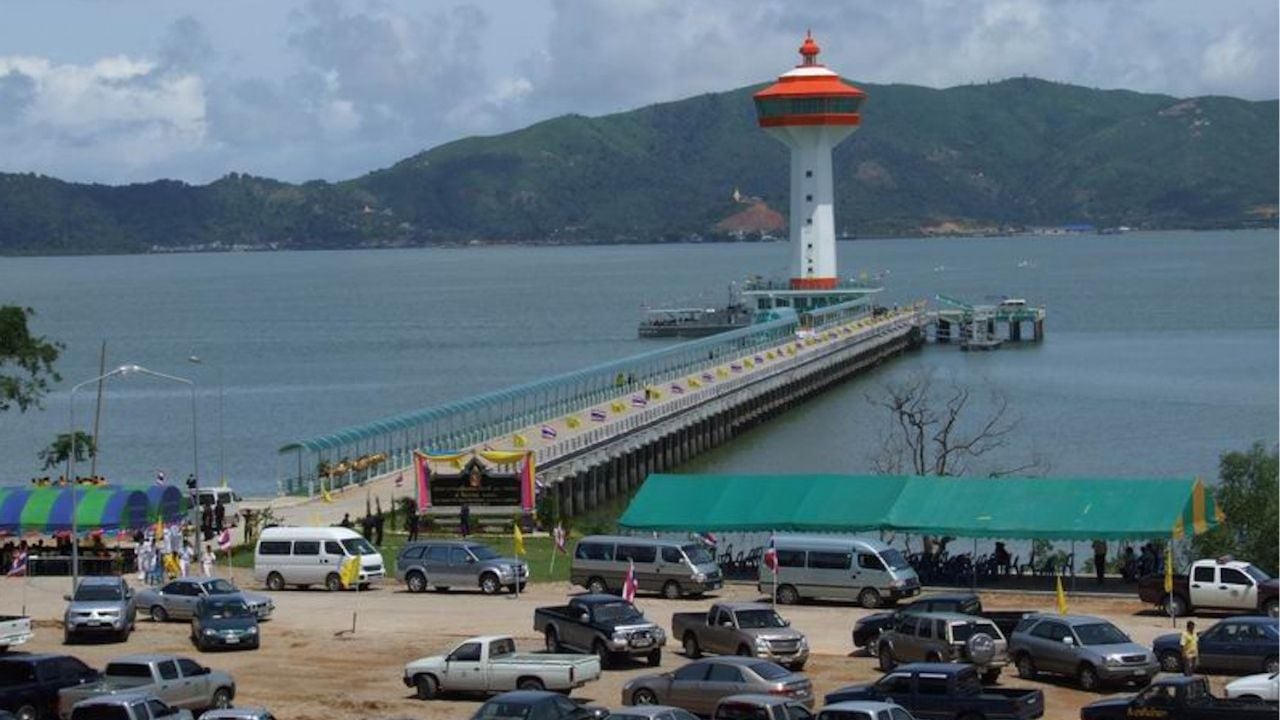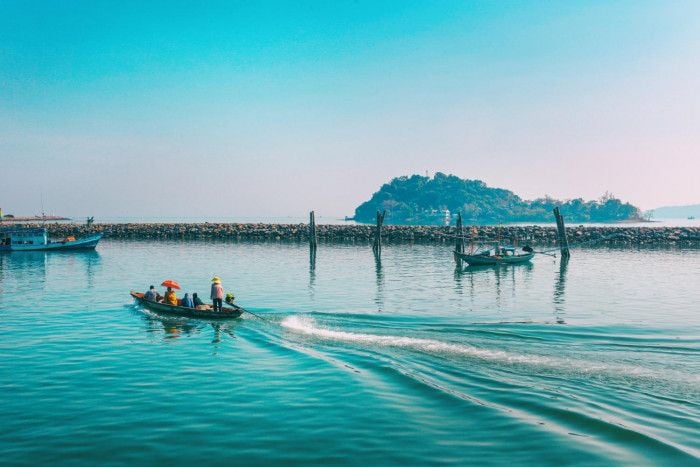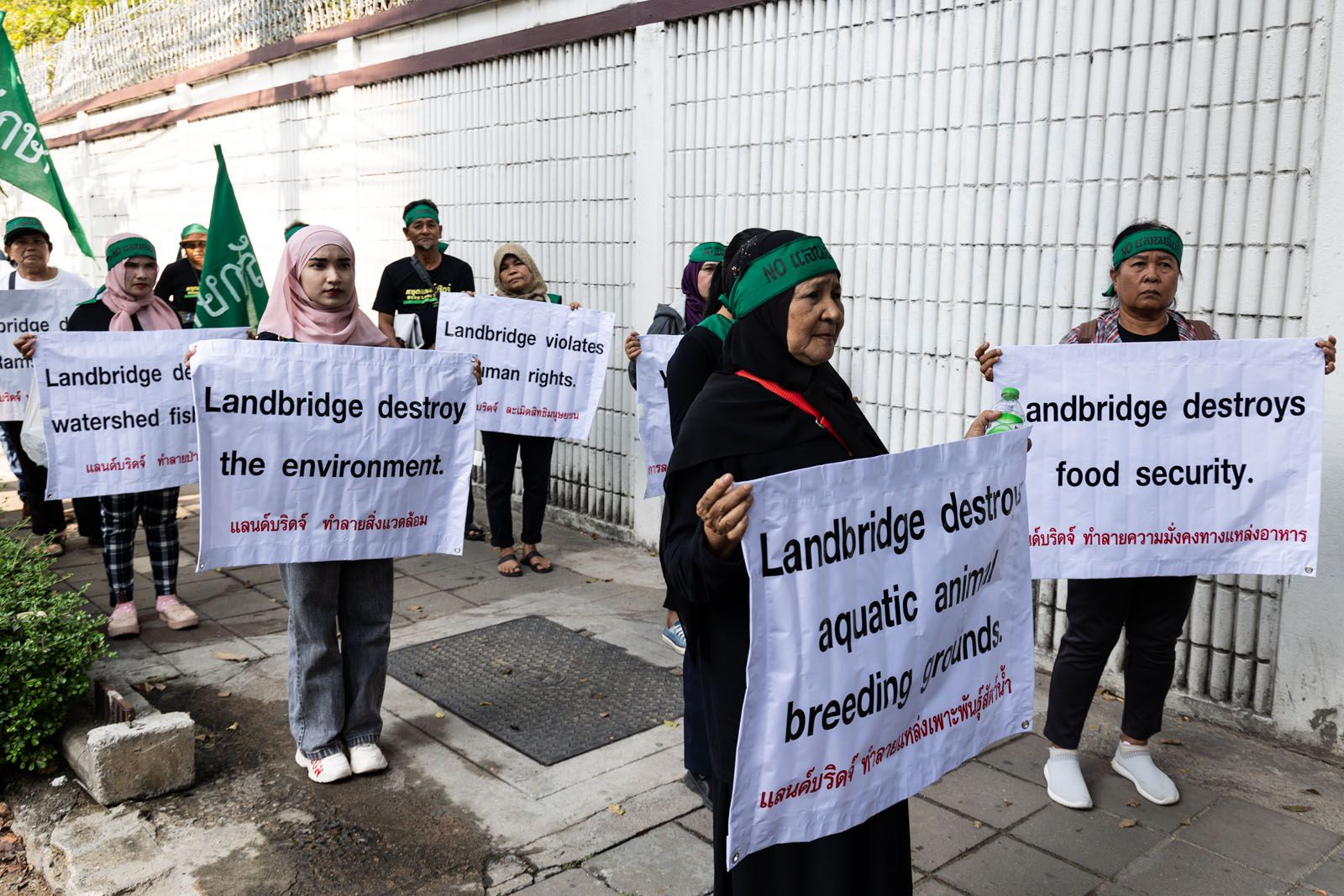

Thailand’s ambitious Ranong–Chumphon land bridge project has hit a major roadblock after the National Human Rights Commission (NHRC) called for it to be suspended over fears of human rights abuses, flawed economics, and a lack of genuine public input.
At its meeting on Tuesday, August 26, the NHRC advised the government to put the project on hold until comprehensive public hearings are carried out across the affected provinces.
Commissioner Wasan Phailikli said the body had received a wave of petitions from farmer networks in Chumphon’s Lang Suan district, the Rak Patho conservation group, and concerned residents. Many argued they had not been given clear information about the scheme, sparking confusion and fears of land seizures, industrial estates, dams, and power plants.
The mega-project, first approved under the Southern Economic Corridor (SEC) framework in 2018, envisions twin ports in Chumphon’s Laem Riw and Ranong’s Laem Ao Ang, linked by expressways and double-track rail. The aim is to bypass the Strait of Malacca with a faster shipping route between the Gulf of Thailand and the Andaman Sea.

But the NHRC says studies show the plan fails the economic test. Research by the National Economic and Social Development Council suggested the land bridge would not significantly cut shipping times and could actually cost more than established Singapore routes. The commission also said it would cover just 18% of trade under the SEC while requiring massive investment.
Beyond economics, the NHRC flagged serious environmental and human rights risks. Sensitive areas such as mangroves, wetlands, and national parks could be damaged. The Andaman coast, a proposed UNESCO World Heritage site, was singled out as especially vulnerable.
The livelihoods of small-scale farmers and traditional fishing communities, including indigenous sea gypsies, could also be devastated, it warned.

On participation, the NHRC argued that while more than 12 hearings had been held, they were fragmented, poorly coordinated, and failed to present the full picture. Many residents were excluded, particularly ethnic minority groups on outlying islands, while sessions often focused on mitigation rather than allowing people to reject or reshape the plan, reported Bangkok Post.
“This falls short of meaningful participation as guaranteed by the Constitution and international treaties.”
The commission has recommended that the Office of Transport and Traffic Policy, the State Railway of Thailand, and the Department of Highways hold a fresh, broad-based round of consultations before pushing forward. Until then, it says, the land bridge must remain on ice.
The story Thailand’s rights body urges halt to mega land bridge plan as seen on Thaiger News.
